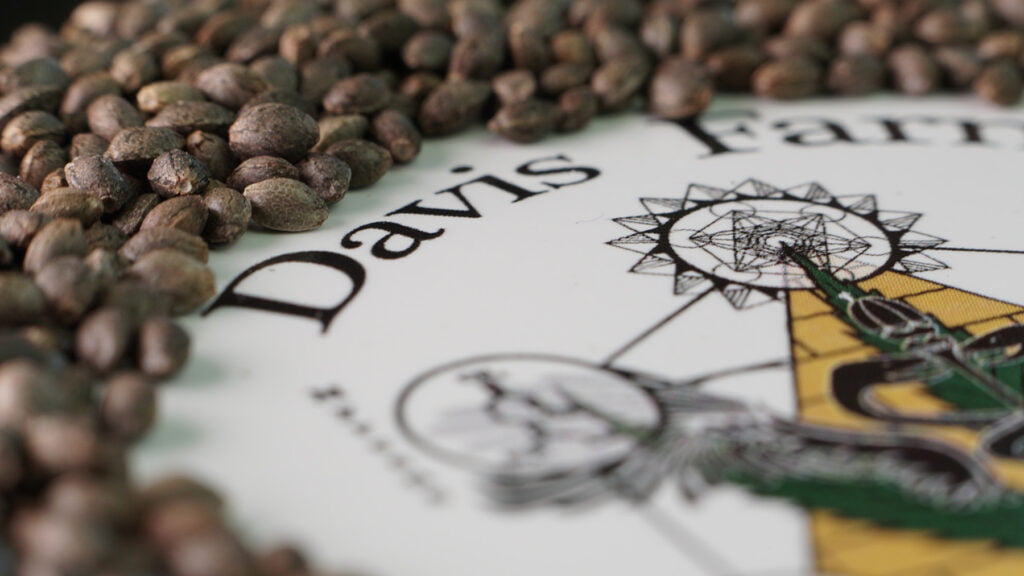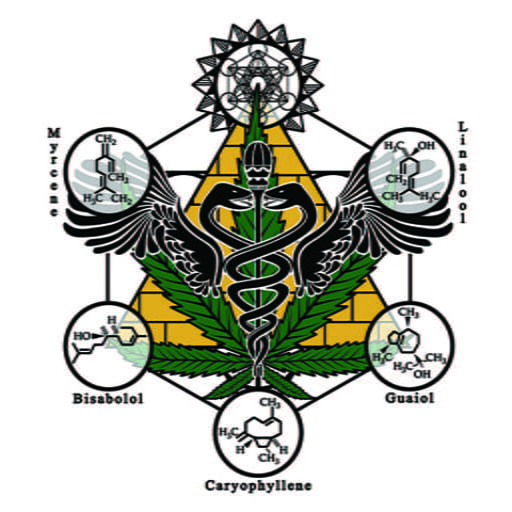Introduction
Hemp farming has emerged as a promising agricultural opportunity especially in the United States. This surge in hemp farming was driven by the 2018 Farm Bill, which legalized hemp cultivation. However, entering this market requires a vast understanding of regulations, licenses, and certifications. In this article, we shall give a comprehensive guide to help hemp farmers obtain the necessary licenses to operate legally and successfully.
Do You Understand The Federal Regulations?
The 2018 Farm Bill distinguishes hemp from marijuana, defining it as Cannabis sativa L. with a THC concentration of no more than 0.3% on a dry weight basis. This distinction gave way to legal hemp farming under the U.S. Department of Agriculture (USDA) oversight. To begin the process, farmers must first understand and comply with federal guidelines set by the USDA. It is not enough to know the federal regulations; hemp farmers also need to know the requirements peculiar to their states.
Common licenses needed for hemp farming
Some of the commonly required licenses for hemp farming include but are not limited to the following;
- State Hemp Cultivation License: Issued by the state’s Department of Agriculture, this license is mandatory for legal hemp cultivation. It typically requires background checks and adherence to state-specific regulations.
- USDA Hemp Production License: This federal license ensures compliance with the U.S. Department of Agriculture’s national guidelines, including testing for THC levels to confirm they do not exceed 0.3% on a dry weight basis.
- Local Permits: Depending on the locality, various permits might be necessary, such as land-use permits or zoning clearances, to ensure the farm complies with local agricultural and environmental regulations.
- Water Rights Permit: In regions where irrigation is essential, farmers may need a permit to legally use water resources for hemp cultivation.
- Hemp Processing License: If the farmer plans to process hemp into products like CBD oil or fiber, a separate processing license might be required to regulate this activity.
Additional licenses or permits may be required depending on the region and the scope of the hemp farming operation. Here are a few more that might be necessary:
- Pesticide Applicator License: If pesticides are used in hemp cultivation, a license may be required to ensure that they are applied safely and in accordance with state and federal regulations.
- Business License: A general business license from the local government may be required to legally operate a farming business.
- Transport Permit: If transporting hemp across state lines or within the state, a transport permit might be necessary to ensure the legality of the movement and to track the product.
- Environmental Permits: Depending on the farming practices, permits related to environmental protection, such as waste management or air quality control, might be required.
- Seed Acquisition Permit: Some states require a permit for purchasing and planting hemp seeds to ensure they come from approved and certified sources.
These additional licenses and permits ensure that all aspects of hemp farming are conducted legally and responsibly.

Steps to Apply for a Hemp Farming License
Applying for or obtaining a hemp farming license requires a series of steps, which include;
- Preparation
Prepare documentation that includes the GPS coordinates of your farming site and proof of ownership or a lease agreement.
- Application Submission
If your state manages its program, complete the state-specific application. This typically includes your personal information, farming location, and a detailed cultivation plan. If your state still needs a dedicated program or you follow the federal route, apply through the USDA’s Hemp Production Program.
- Fees
Pay the required application fees, which vary by state and range from a few hundred to several thousand dollars.
Compliance with Testing and Reporting Requirements
Ensuring compliance continues after obtaining a license. Regular THC testing is mandatory to confirm that your hemp crop remains within the legal limit of 0.3%. Certified laboratories typically conduct these tests. Additionally, most states and the USDA require regular reporting on planting, harvesting, and any destruction of crops.
Obtaining Additional Certifications
- Good Agricultural Practices (GAP) Certification: Although not always mandatory, GAP certification can improve marketability by demonstrating adherence to best practices in cultivation.
- Organic Certification: If you plan to market your hemp as organic, certification from the USDA’s National Organic Program (NOP) is necessary.
These certifications help build consumer trust and often allow for premium pricing of your products.
Benefits of Licensing and Certification
- Legal Compliance: It ensures your operations are within the legal framework, avoiding fines and shutdowns.
- Financial Opportunities: It provides grants, loans, and crop insurance access.
- Market Trust: Licensing and certification build consumer confidence and open B2B opportunities.
- Competitive Advantage: It also differentiates your products and allows for premium pricing.
- Risk Management: Regular testing ensures compliance with THC limits, reducing legal risks.
Staying Informed
Hemp regulations are dynamic and can change. Staying informed about federal and state legislative updates is essential in hemp farming. Subscribing to USDA and state agricultural department updates will help you stay ahead of regulatory changes.
Conclusion
By obtaining the necessary licenses and certifications, you ensure the legal operation and position yourself for success in a competitive market. As the hemp industry evolves, staying informed and adhering to best practices will be vital to succeed in this promising field.
